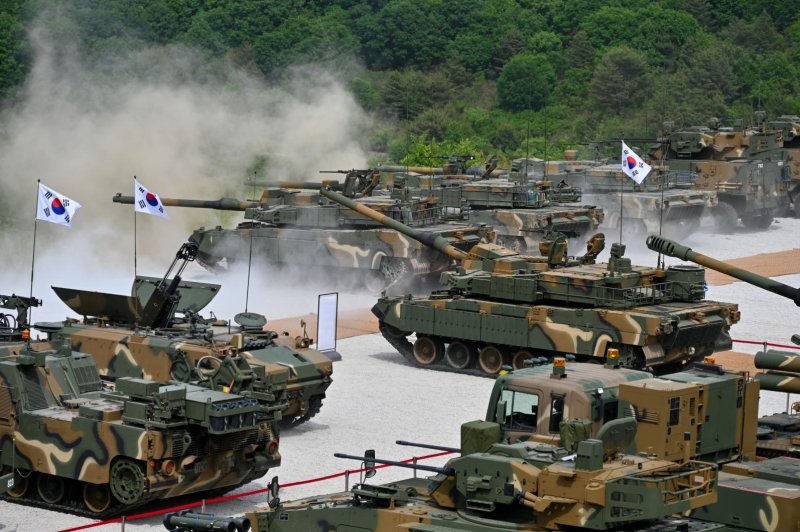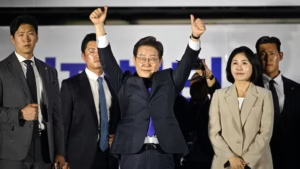Already a subscriber? Make sure to log into your account before viewing this content. You can access your account by hitting the “login” button on the top right corner. Still unable to see the content after signing in? Make sure your card on file is up-to-date.
In another effort to reduce tensions with North Korea, South Korean President Lee Jae-myung said he intends to scale back some military operations near the border.
Some shit you should know before you read: If you’re unaware, South Korea’s new president has made resetting relations with North Korea a focal point of his administration, signaling a sharp departure from the hardline stance of his conservative predecessors. Since taking office, President Lee Jae-myung has taken steps to de-escalate tensions, including dismantling loudspeakers that previously blasted propaganda and K-pop across the border (long seen by Pyongyang as a provocation). He has also begun exploring the possibility of scaling back joint military drills with the US (a significant gesture given how these exercises have consistently pissed off Kim Jong Un).

What’s going on now: In a notable development, South Korea confirmed that President Lee Jae-myung has begun taking steps to restore the 2018 Military Agreement, which was meant to reduce hostilities along the Demilitarized Zone. The agreement was originally aimed at lowering the risk of conflict by limiting things like live-fire exercises, reconnaissance missions, and the placement of heavy weapons near the border, was scrapped in 2024 when former President Yoon Suk-yeol ordered its suspension.
Despite this move, North Korea has not responded positively. In a strongly worded statement last week, Kim Yo Jong, the sister of North Korean leader Kim Jong Un, denied that the North would change its stance toward South Korea on anything. She also went on to accuse Seoul of “embellishing” and suggested that any moves made by South Korea were insincere and one-sided.
In addition, North Korea recently held mortar drills that simulated strikes on enemy targets and major facilities. The exercises, overseen by senior military officials, were presented by state media as proof that the army was prepared to defend the country’s sovereignty. These drills took place just ahead of the Ulchi Freedom Shield joint military exercise between South Korea and the US.







